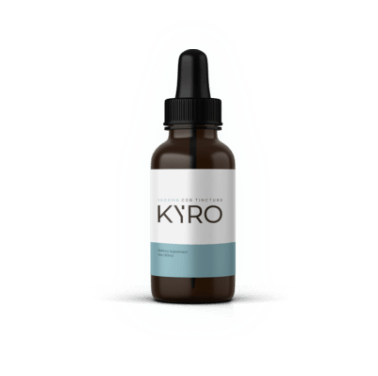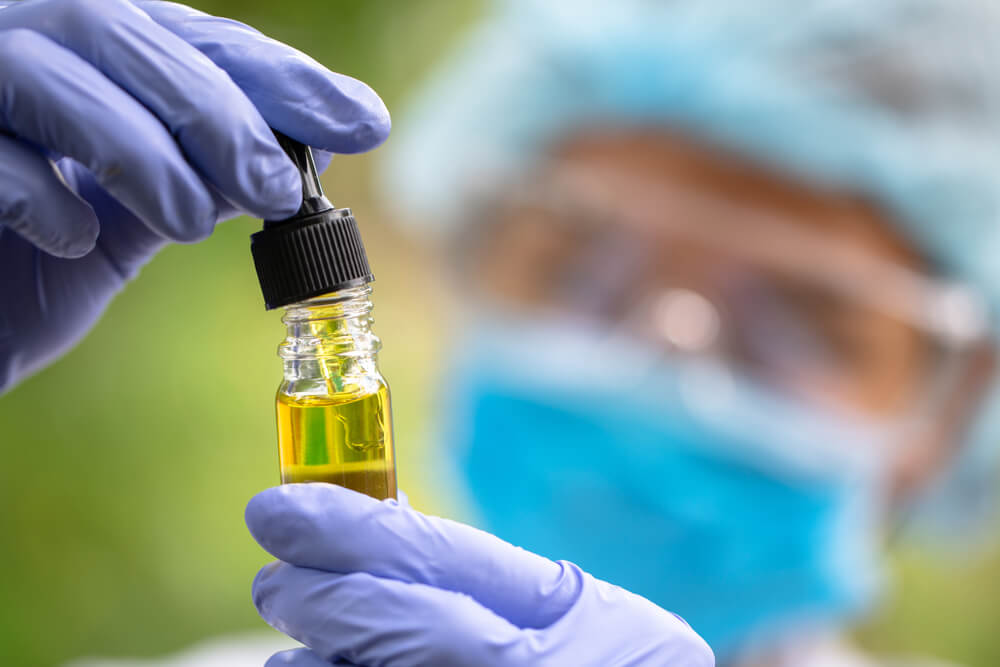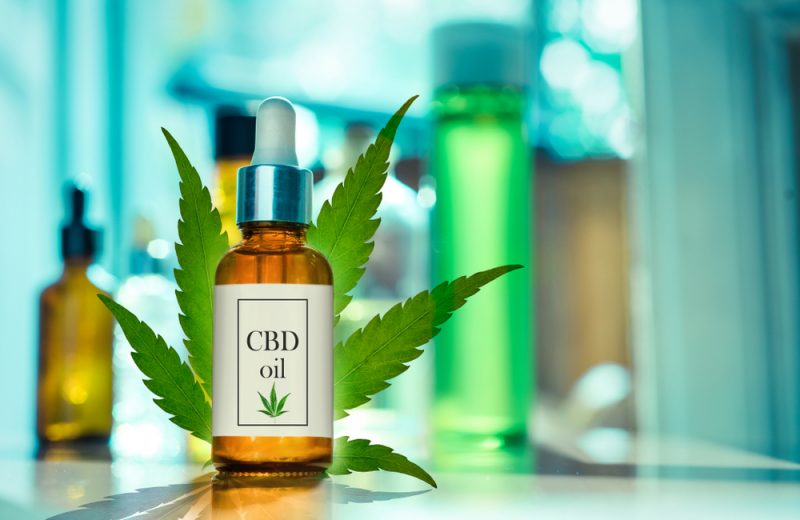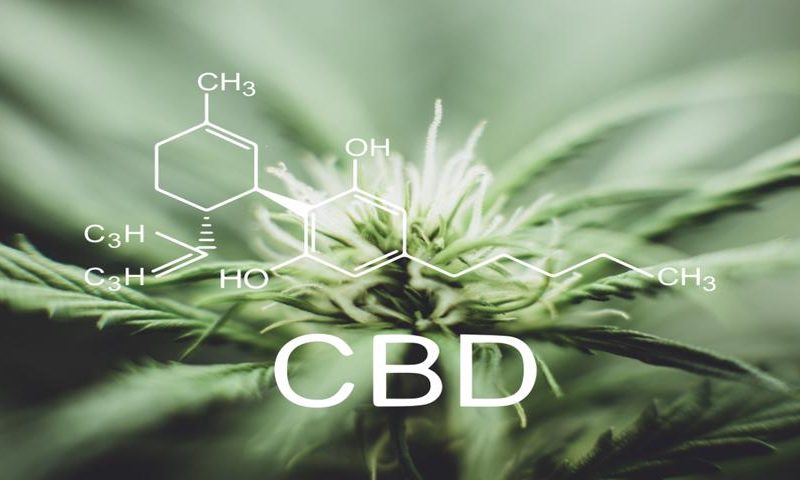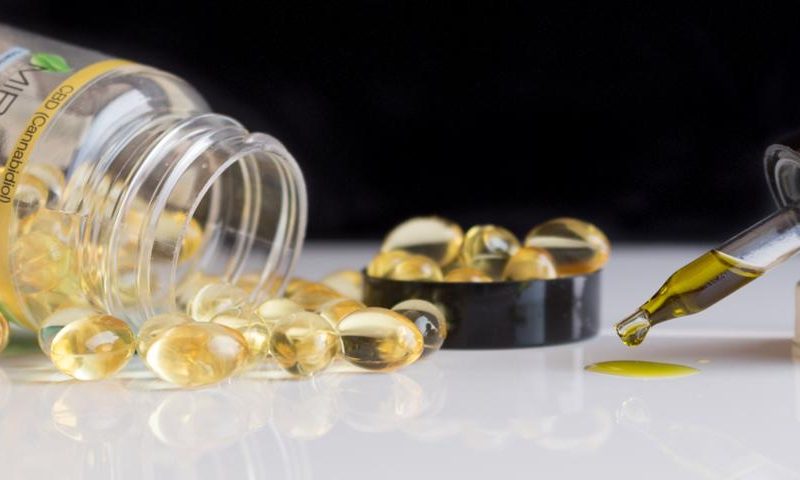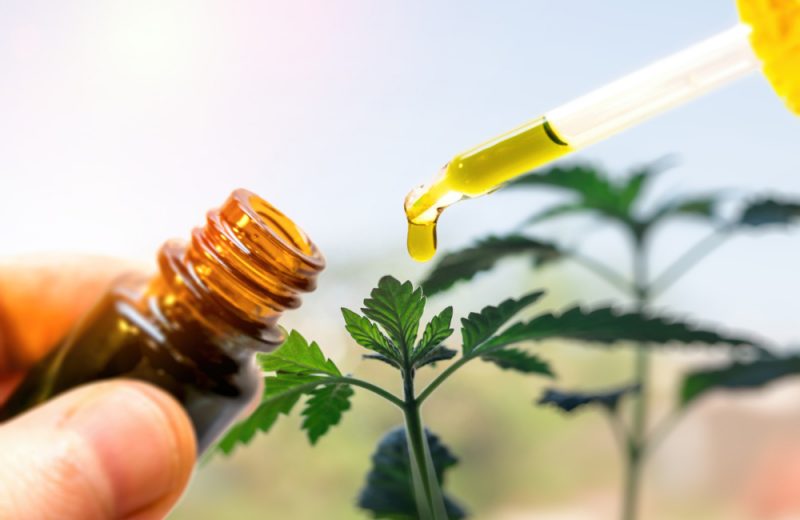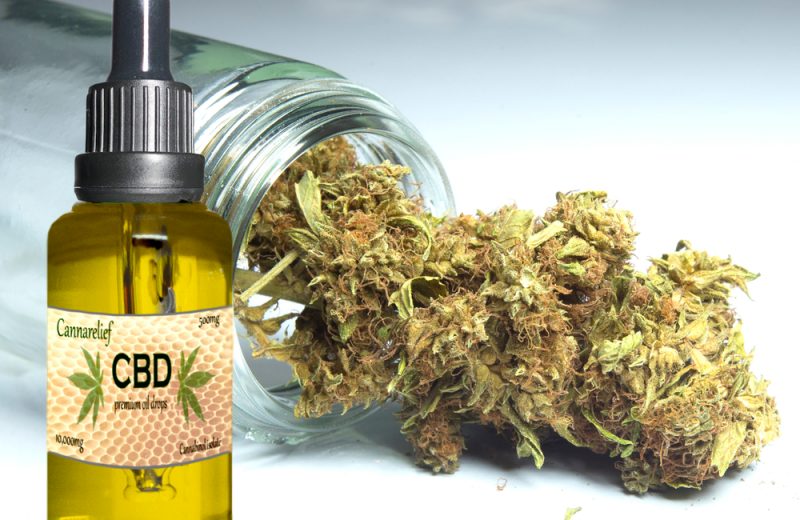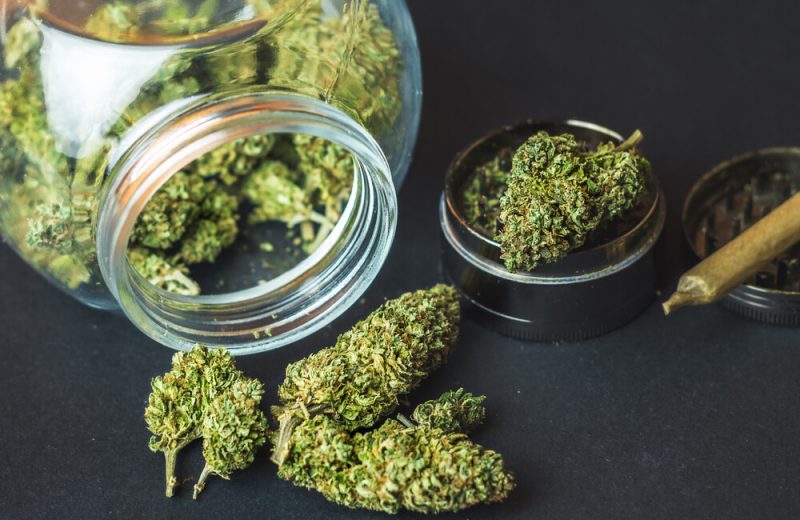Scientists and researchers around the world have been searching for treatments, vaccines, and cures for the novel coronavirus. Surprisingly, researchers at the University of Maryland School of Medicine are investigating cannabis plants for possible treatments.
Assistant professor of microbiology and immunology at UMB, Ciaran Skerry, is leading a new lab-based study into whether CBD (cannabidiol), an active compound found in cannabis, has an anti-viral effect on cells infected with the novel coronavirus. The researchers are using a proprietary CBD formula made by Baltimore-based bioRemedies MD. The researchers will study the interaction between respiratory disease and cannabidiol, to determine whether CBD could be used as an effective treatment against the virus.
Hemp-derived Products Come to the Forefront
CBD is derived from the hemp plant, a type of cannabis that does not have the same psychoactive effects as marijuana. These psychoactive effects are produced by high THC levels in the marijuana plant. Since growing industrial hemp has been legalized, it’s grown in popularity among farmers; as of 2019, 511,442 licensed acres were planted with hemp.
In recent years, health and wellness retailers have also embraced hemp products. Hemp’s components, including CBD, can be used in a wide variety of consumer products; these include food, cosmetics, and biofuel. Research suggests that CBD has a variety of health benefits, including the reduction of pain, inflammation, depression, and anxiety. However, scientific research validating these benefits has been somewhat limited to date.
CBD Receives Clinical Interest
Dr. John Dombrowski of bioRemedies MD says that it’s important for CBD companies like his to advance preclinical and clinical research.
“CBD will not achieve recognition as a treatment for conditions and diseases without doing the critical research,” Dombrowski pointed out.
Primarily, Skerry’s research team will study CBD’s possible use as an anti-inflammatory agent. This is because COVID-19 creates an aggressive inflammatory response in infected people, damaging the airways. This damage can lead to acute respiratory distress or even respiratory failure. The fact is, respiratory failure is the cause of death in around 70% of reported Covid-19 fatalities. Previous research work by Skerry has demonstrated that CBD has a certain anti-inflammatory effect on bacterial infections.
Skerry’s new study expands on the work of Canadian researchers at the University of Lethbridge. The Lethbridge non-peer-reviewed study, published in the Preprints journal, demonstrated that CBD could help block ACE2; ACE2 is the molecule that the novel coronavirus uses to gain entry to a person’s cells, spreading the infection.
The University of Maryland study will try to further determine if cannabidiol really can cut back the activity of ACE2. The study will also look into whether CBD could be useful in protecting “against the excess inflammatory response to the virus that’s associated with lung damage and death,” Skerry said.
Managing member for bioRemedies MD, Patrick Kelly said the Baltimore-based company is proud to partner with the University of Maryland, Baltimore’s School of Medicine on this new research project.
“I like to say, it’s ‘all hands on deck’, for every angle of science to defend peoples during this pandemic. We truly are all in this together,” Kelly said.
BioRemedies MD
BioRemedies MD produces full-spectrum, CO2 extracted, hemp-derived CBD products that are third-party tested. The company’s full-spectrum CBD maintains all of the organic terpenes and plant extracts that add to the therapeutic benefits. All of their products are made from organically grown hemp that’s grown, processed, and manufactured in the United States.
The company offers unique CBD oils that are derived from either indica or sativa varieties of hemp; indica is very relaxing, and aids sleep, while sativa varieties are known for a more invigorating and uplifting effect.
The company also produces topical CBD products to relieve localized skin and muscle pain and inflammation.

